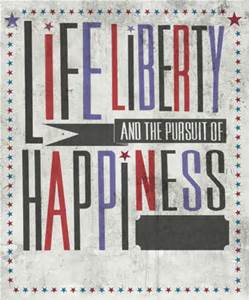 Declaring Sexual Independence
Declaring Sexual Independence
We hold these truths to be self-evident, that all people are created equal, that they are endowed by their Creator with certain unalienable rights, that among these are life, liberty and the pursuit of happiness – including sexual liberty and happiness.
To be truly sexually independent we…
*Must have available to us accurate information about sexuality, sexual options, and our bodies
*Must be free from employers, politicians, or other people in power denying us the right or ability to decide what to do about our own sexual health
*Should be able to present ourselves, regardless of gender identity, which genitals we have, sexual orientation, age, or other characteristic, in a way that feels genuine and true to us, without fears of discrimination or harassment
* Should be able to talk to professionals who are non-biased and sex-positive and who will support us in making decisions for ourselves
*Should be able to explore our unique paths to sexual pleasure and desire
*Will value our sexual relationship with our self and feel free to give it time and attention
*Need to advocate for and expect privacy and protection in our sexual lives, with an understanding that our sexual history or images of us should not be shared without our consent
*Deserve sexual relationships that are free from coercion, bullying, or shaming
*Have the freedom to create relationship structures and agreements that are right for us and our partners
*Address openly the inevitable changes in our self, our body, our relationships, and our sexual needs and desires
*Approach sexuality with joy and creativity knowing that there are unlimited ways to play and connect
*Will respect other people vigilantly and allow them to make choices that are right for them
*Must work to understand ourselves so we can communicate clearly with other people and take responsibility for our own choices